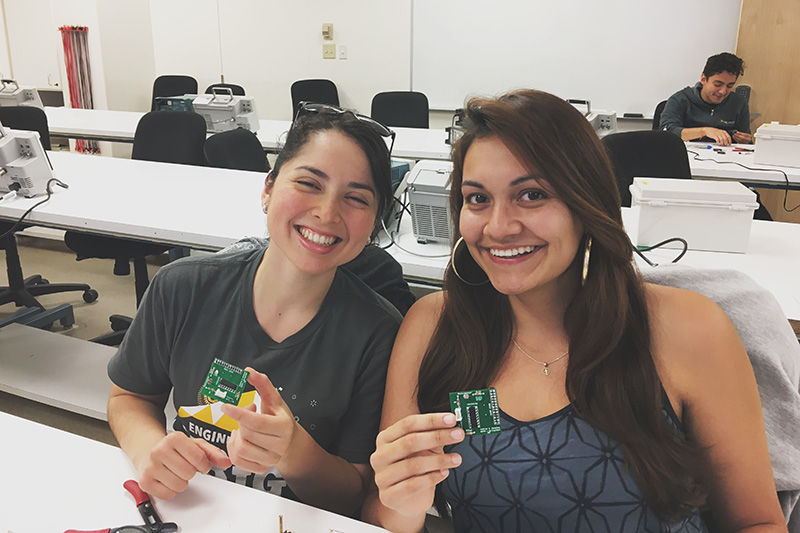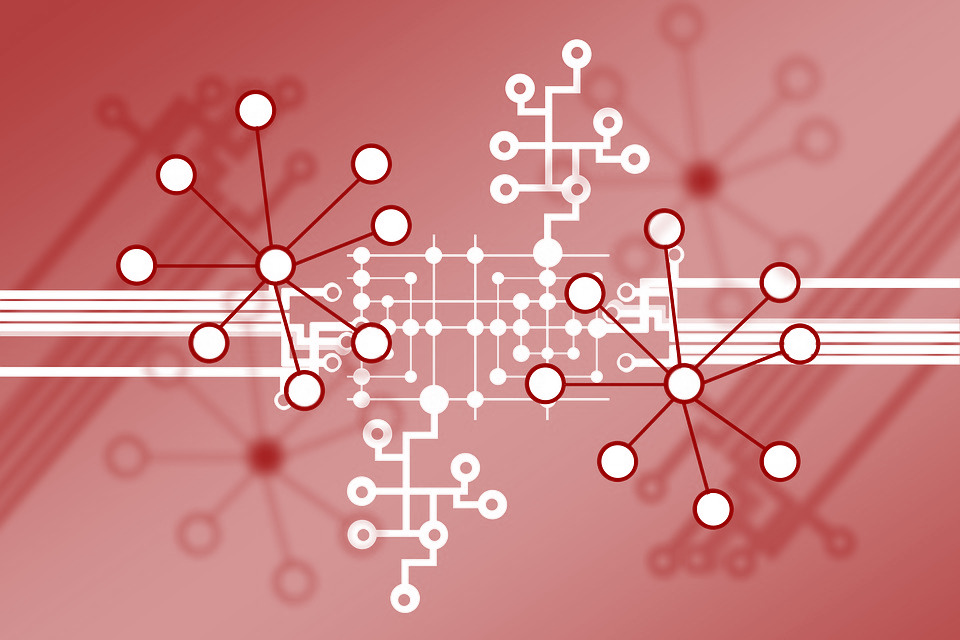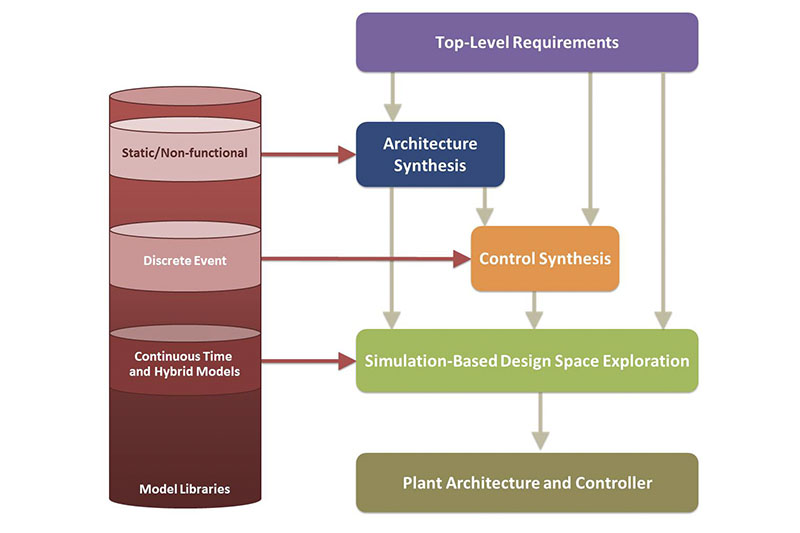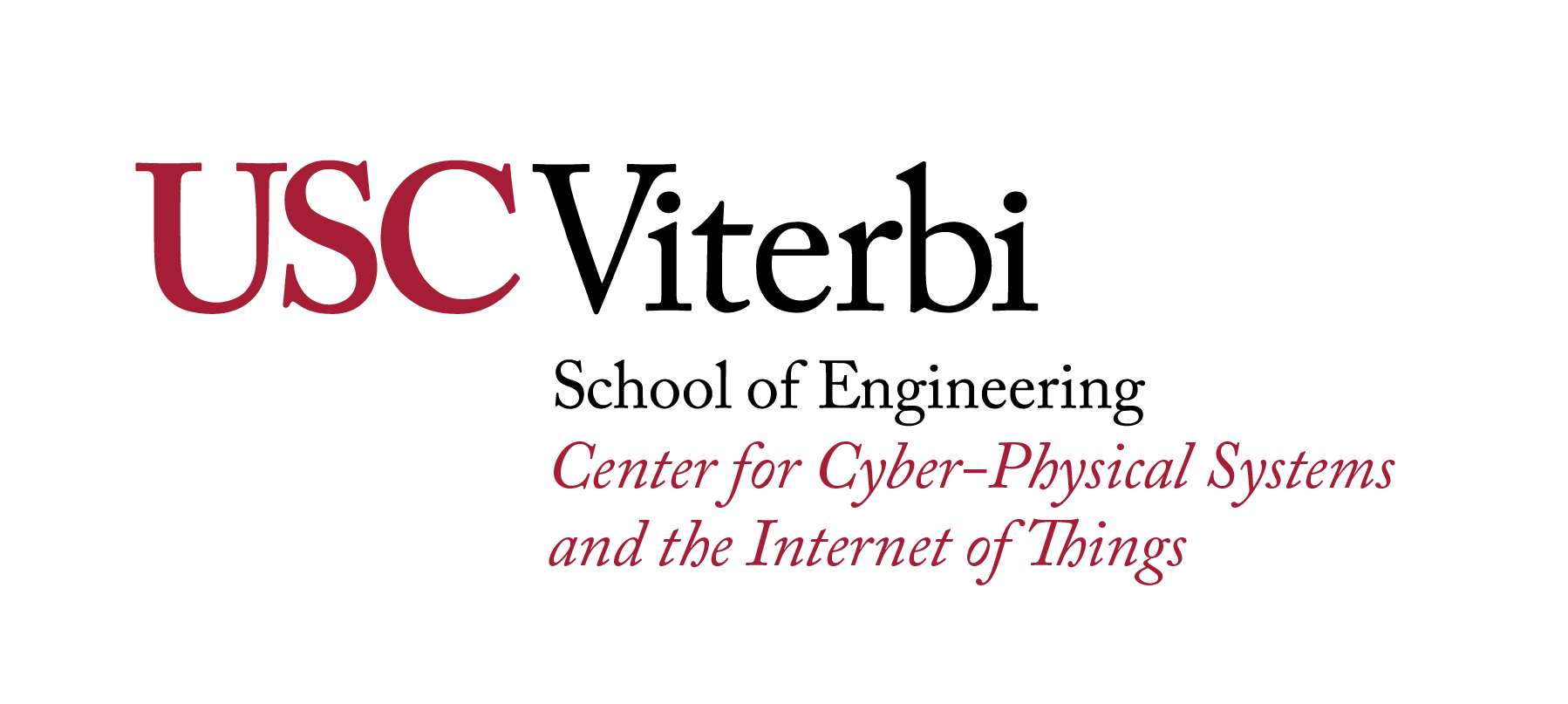Distributed Systems for the Internet of Things (EE 250L)
Professor: Bhaskar Krishnamachari

Blockchain Technology and Applications (CSCI 599)
Professor: Bhaskar Krishnamachari

This new course is aimed at graduate students doing MS/Ph.D. in computer science, computer
engineering and related fields. Blockchain technologies present a novel class of
programmable platforms providing decentralized trust. Students will start learning the
basics of blockchain technology and algorithms underlying protocols such as Bitcoin, Ethereum and smart contracts. The course will also cover permissioned blockchains and technology building blocks such as consensus algorithms, proof of work and alternatives, enhancements utilizing directed acyclic graphs, and relevant security issues. Students will also learn about applications of blockchains to distributed storage, decentralized application-layer
Internet protocols and public key infrastructure, IoT applications ranging from smart grid to supply chain.
CPS Design: Modeling, Analysis, and Synthesis (EE 599)
Professor: Pierluigi Nuzzo

Cyber-Physical Systems (SAE 599)
Professor: Azad Madni

